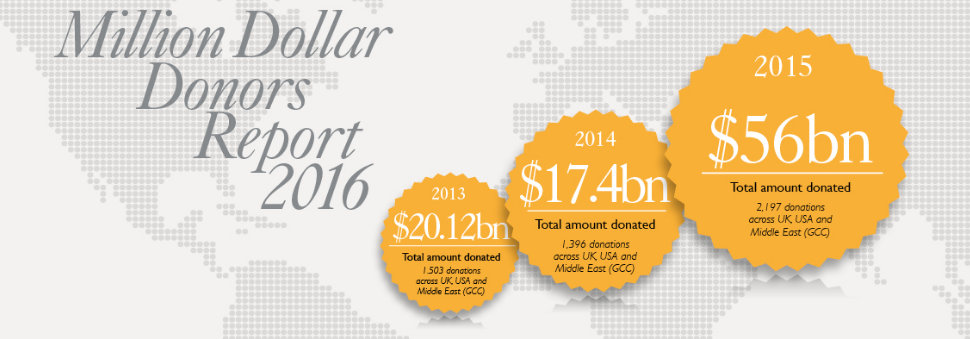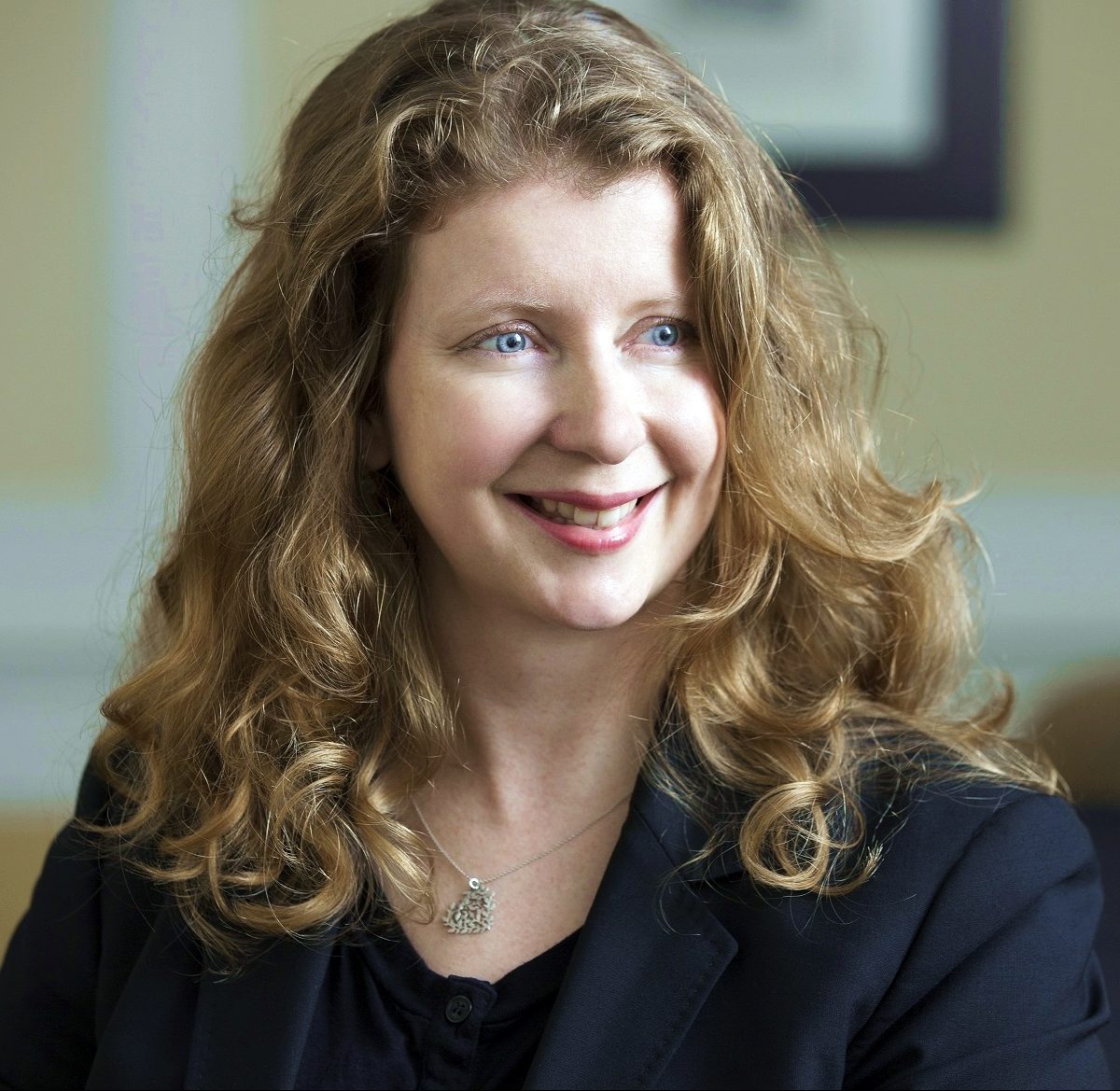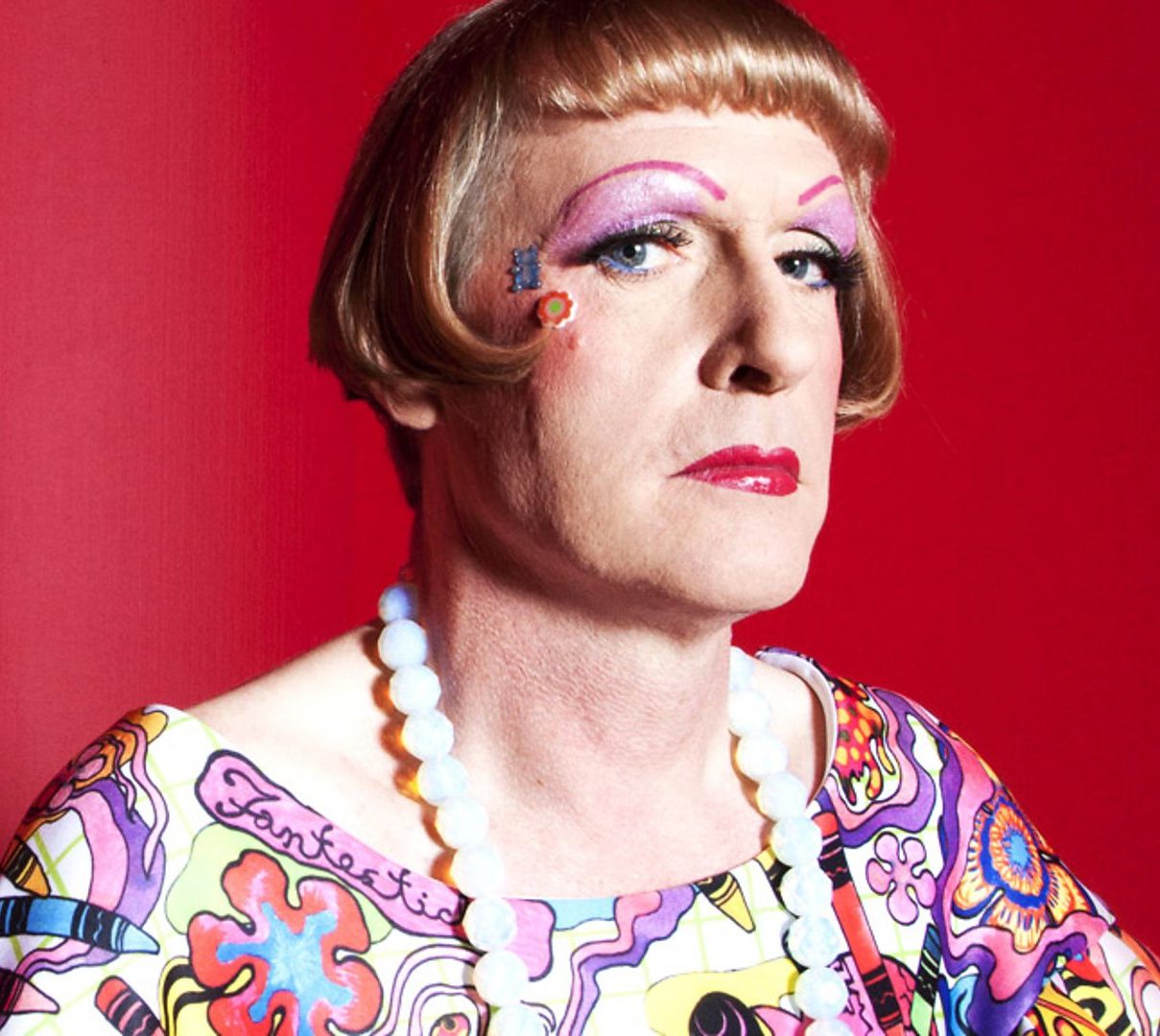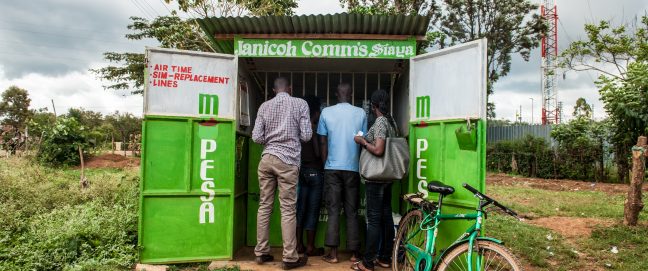Lenka Setkova is executive director and a philanthropy adviser at Coutts Institute, within Coutts private bank. Setkova brings a rare set of qualifications to the task, having worked for government, foundations and think-tanks and her skill and experience has contributed significantly to Coutts’ philanthropy offering – something reflected in the long list of awards appended to her emails. Charles Keidan talks to her about the Institute’s work and approach, and in the run-up to the tenth edition of Coutts’ flagship Million Pound Donors Report.
How did you come to work in philanthropy?
My undergraduate dissertation was on the education of Roma in the Czech Republic, so I spent a lot of time talking to NGOs there, after which I worked in Prague successively for an NGO, then the British Embassy and finally the Mott Foundation.
I worked for the Foundation in Prague for five years, primarily overseeing the grants portfolio for Romania and Bulgaria, and I still think that’s where my sense of good practice in philanthropy comes from.
Why is that?
The work the Mott Foundation was doing in Eastern Europe in those early days was hugely visionary and very ambitious. The Foundation also gave me an appreciation of the importance of unrestricted funding, which I think is something that is seriously lacking in the world of philanthropy.
Finding organizations that have strong leadership and strong boards that you believe in, backing them with unrestricted funding and following them over a number of years is a great approach to philanthropy.
After that, I moved back to the UK and worked first for New Philanthropy Capital and then for the Carnegie UK Trust, where I directed the democracy and civil society programme, and led the Inquiry into the Future of Civil Society in the UK and Ireland.
Why did you make the transition to providing philanthropy advice at Coutts?
I’m passionate about developing philanthropy, and my experience of both the donor and NGO sides has shown me what philanthropy can enable and support. I felt it would be a wonderful opportunity to work in an institution whose client base might be the new philanthropists whose legacies could be as significant as the foundations that I worked for in the past.
Your experience is strong and varied. Do you think that there are enough people with those kinds of backgrounds in the philanthropy advice world
I think so.
The great thing about organizations like Philanthropy Impact is that there is a network of individuals who see huge value in bringing experience to advising philanthropists.
There’s also nothing better than enabling peer to peer support, because often, the first step for would-be philanthropists is to meet others who have already spent some time focussing on the issues they are interested in. So enabling networking and learning between philanthropists is a key role that we play at Coutts.
The philanthropy advice infrastructure in the UK has been growing over the last five or ten years and perhaps nowhere more so than at Coutts. Could you say a little bit about its activities?
The Coutts Institute was established in 2005. When I joined, my focus was only on philanthropy, but over the past years the Coutts Institute has evolved to also advise clients on wealth succession and on family business succession.
There are three ways in which we engage with clients on philanthropy. One is that we provide bespoke strategic advice to clients and their families, for whatever stage they are at in their giving. One of the things that has excited me most in recent years is the work that we do with families. We host family philanthropy workshops for children, usually aged 12 plus, and their parents to help them think through what their values are, what excites them or concerns them about what’s going on in the world, and their hobbies, passions and interests.
All those questions frame their philanthropy. We explore how philanthropy relates to the broader meaning and purpose of wealth. And then we help them think through the kinds of causes they might want to focus on, giving examples of organizations or funders who are working in that space.
We also host philanthropy forums where clients come together to hear from leading philanthropists in specific areas, but where importantly, they also have the opportunity to network with peers.
We’ve done philanthropy forums on issues such as human rights, climate change, early intervention, and giving in perpetuity or spend-down.
We hosted a wonderful lecture with Grayson Perry[1] on the role of philanthropy in relation to arts and social change.
And the third way that we support our clients and also, more broadly, the sector is through our thought leadership, in the form of our publications like the Million Dollar Donors Report or the Coutts Handbook for Philanthropy.
There are contrasting views on why wealth managers offer philanthropy advice. One is that it helps retain clients and their money, the other is that it’s a great opportunity to help them think about how their wealth can be allocated to public good. Were both those factors in mind for Coutts?
When the Coutts Institute engages with clients on the issues of wealth succession, the core question we ask is ‘what is the meaning and purpose of your wealth?’ and for many, philanthropy often features. For some the key driver for philanthropy is simply wanting to make a positive difference with the wealth they have created.
Sometimes philanthropy is used as a tool to aid wealth succession, because it’s a great way to engage the next generation with a broader understanding of the meaning and purpose of wealth and of what’s happening in the societies and world in which they live. And the next generation is often hugely interested in this as well.
In our family philanthropy workshops we often discuss whether there is a correlation between wealth and happiness, and many clients recognise that while wealth can perhaps provide more choices, happiness is really contingent on factors such having a sense of purpose, family and friends, and a sense of community. Preparing the next generation for the opportunities and challenges associated with wealth is key to ensuring succession is a success.
One of things that has set Coutts apart from other philanthropy advisers is the Million Dollar Donors Report, which has reached its tenth edition. How did it start?
It started off as the Million Pound Donors Report, although in recent years, we’ve also been doing research on major giving in other parts of the world as well, like the US, the Middle East and Russia, so it became known as the Million Dollar Donors Report.
 The intention behind the report was to inspire and grow philanthropy internationally.
The intention behind the report was to inspire and grow philanthropy internationally.
It combines two key dimensions that help tell a story about major giving. One is data that tracks the nature and scale of donations of a million or more, and the other is interviews with major philanthropists who share their very personal philanthropy journeys. We’ve had the opportunity to interview some really interesting philanthropists over the years.
Can you give some of the highlights over the last ten years?
If you’re just looking at the UK, last year there were 355 donations of a million pounds or more worth a total of £1.83 billion, which is the highest level since the report began, so there’s no question that major giving has risen over the years. We usually find that the top two recipients are universities or to charitable foundations.
Later this year we will be launching our 10 year anniversary Million Pound Donors Report, which should show some interesting trends in UK major giving in recent years.
Are you also seeing a growth either from clients or from people that the report tracks in donations to donor advised funds, or even LLCs, as an alternative vehicle for foundations?
Not at scale in the UK, but it may have happened in the US. But we are very aware that many of our clients will connect with community foundations, and seek support and advice from them, because they want to focus on a particular jurisdiction.
Do you regard some causes as more deserving than others or do you take the view that philanthropists have the right to give to whatever they want as long as it passes the public benefit test?
I don’t think you can put a hierarchy on the relative importance of one cause over another when it comes to philanthropy as motivations and interests are deeply personal to each philanthropist.
So what’s your view of the effective altruism movement that actually does try to create a hierarchy by saying that it’s people in the most need who deserve funding through the most effective organizations?
Our advice is driven by our clients’ passions and interests, because obviously that drives their philanthropy. The breadth of activity supported by our clients is vast both in terms of the issues it focuses on and in terms of the countries it benefits. While it may not conform to the strict definition of effective altruism, many are very focused on supporting activity where there is clearly significant need.
I think it is also important to consider the role that philanthropy can play in supporting innovation and the role it can have as ‘risk capital’ to test solutions to deeply rooted social or environmental issues. An example of this is the support philanthropists have given to the growth of the social investment market.
As you said, universities attract a big proportion of million pound donations. Is one of the reasons for that also because universities have good fundraisers?
Quite possibly. I certainly think that there’s been significant investment in good fundraisers, whether that’s in universities or in institutions like museums or galleries. It does require a certain skill to be able to nurture a relationship with individuals who are able to give at that scale.
I also think people who give to education whether it’s primary, secondary or university, do so because they really believe that will give young people the best start in life. So donations to universities can fund a wide range of activities such providing scholarships and bursaries, funding research or building new wings.
Do you see your Million Pound Donors Report going on for another ten years? What trends would you anticipate if they do?
In the interviews, one of things we’ve been asking more about is the management of endowments, and there is an increasing recognition of the importance of mission-related investing, responsible investing and social investment. The interview with the Rockefeller Brothers Fund is a good example. I think we will certainly see a greater focus on this in the years ahead.
Rockefeller Brothers Fund also talk about divestment from certain assets, whether that be arms or tobacco and in their case, I believe, fossil fuels. Do you have a view on whether your clients should follow suit, or would you be led by them?
Coutts itself has a commitment to responsible investing, which means the integration of environmental, social and governance factors into investment decision-making processes.
And if our clients want to screen out companies that behave in particular ways that they believe to be negative, we offer that service on a bespoke basis.
There’s definitely a very interesting change in the foundation world with regard to endowments. The membership of the Charities for Responsible Investment Network run by ShareAction, for instance, which supports foundations in furthering their mission through responsible investment, has grown significantly in recent years.
What other big trends do you see?
Social investment. Many pioneers of the field in the UK are wealthy individuals who have had the vision to realize the potential of investing not just for financial returns, but in social businesses or funds where there is also a measurable social or environmental returns. I think that’s another example of ‘risk capital’, and a recognition that philanthropy isn’t necessarily just about giving grants.
Often your clients’ philanthropy will grow from relatively modest beginnings. Do you see yourself as a steward of that growth of philanthropy?
Philanthropy is very much in the DNA of Coutts and it is great to be able to support clients in developing their philanthropy strategies. Angela Burdett-Coutts was one of the greatest, most progressive Victorian philanthropists.
She was advised by Charles Dickens in her philanthropy who was then a client of Coutts, and she gave today’s equivalent of about £350 million.
Angela supported the NSPCC in its early days, the RSPCA, she gave an interest-free loan to the Royal Marsden Hospital and helped bring clean water to London’s East End, and of course a lot of our clients over the years have been great philanthropists in their own right. That’s a wonderful legacy for this business to have.
The Coutts Foundation, which I advise, also draws on that legacy and is focussed currently on supporting women and girls in England and Wales, which builds on the interests of Angela Burdett Coutts.
How does the Coutts Foundation work?
In its current form, the Coutts Foundation, which is an independent corporate foundation, was established in 2013. Because it has limited resources – we spend between £700,000 and £1million annually – the foundation is very proactive in its philanthropy. We use the knowledge of staff here in the Coutts Institute, but also draw on the expertise of other funders that are supporting organisations working with women and girls.
Footnotes
- ^ British artist and cultural commentator, mainly known for his work on ceramics.











Comments (0)